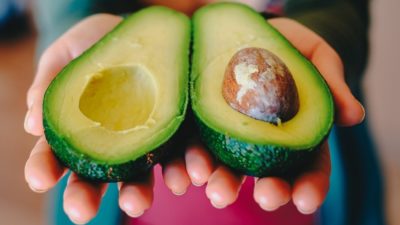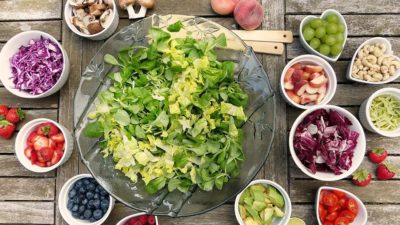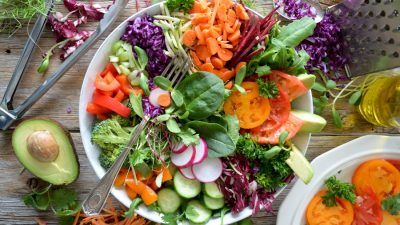Mini factsheet: Fat facts
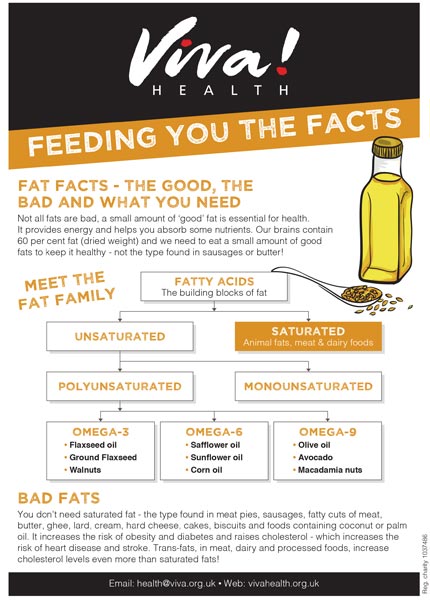
Not all fats are bad, a small amount of “good” fats are essential for health.
Fat Facts – the good, the bad and what you need
Not all fats are bad, a small amount of ‘good’ fat is essential for health. It provides energy and helps you absorb some nutrients.
Our brains contain 60 per cent fat (dried weight) and we need to eat a small amount of good fats to keep it healthy – not the type found in sausages or butter!
Meet the fat family


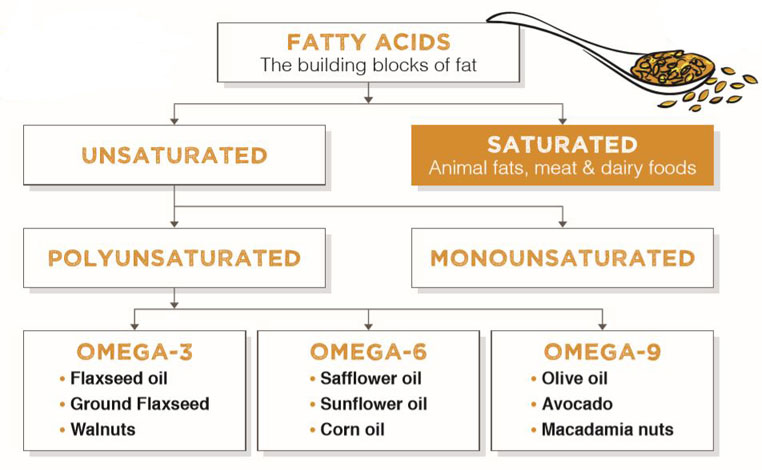
Bad fats
You don’t need saturated fat – the type found in meat pies, sausages, fatty cuts of meat, butter, ghee, lard, cream, hard cheese, cakes, biscuits and foods containing coconut or palm oil.
It increases the risk of obesity and diabetes and raises cholesterol – which increases the risk of heart disease and stroke.
Trans-fats, in meat, dairy and processed foods, increase cholesterol levels even more than saturated fats!
Good fats
Monounsaturated fats help develop and maintain your cells and can lower cholesterol.
Polyunsaturated fats offer many health benefits too – there are two main types:
- Omega-6 fats provide energy and are used in our immune system. Linoleic acid (LA) is an essential fatty acid – we can’t make it so we need it in the diet.
- Omega-3 fats are essential for healthy hearts and minds! They can increase ‘good’ cholesterol, lower blood pressure and reduce the build-up of fatty substances in our arteries.
They are anti-inflammatory, important for brain function and may help combat arthritis and reduce the risk of dementia.
Alpha-linolenic acid (ALA) is an essential fatty acid found in flaxseed and walnuts. Eicosapentaenoic acid (EPA) and docosahexaenoic acid (DHA) are longer chain omega-3s found in oily fish and algae.
The body can also make EPA and DHA from ALA – only a small amount is produced – but we only need a small amount.
Plant omega-3’s are best
Fish get omega-3s from eating algae and other fish (that have eaten algae).
The world’s oceans are polluted with toxic chemicals, so most fish are contaminated with polychlorinated biphenyls (PCBs), dioxins or mercury.
Studies on fish oil supplements show they don’t prevent heart attacks and strokes. You’re better off getting omega-3s from plant foods.
Signs of deficiency
Low levels of essential fatty acids can lead to excessive thirst, frequent urination, dry or rough skin, dry hair, dandruff, brittle nails, headaches, stomach ache, diarrhoea and constipation.
Low DHA levels may affect behaviour, learning and mood.
What to eat each day
Modern Western diets contains more omega-6 fats than we need and less omega-3s. To redress the balance cut down on processed foods and cook with olive oil instead of sunflower oil.
Boost your omega-3 intake by including one of the following every day:
- 1-2 tablespoons of ground flaxseed
- 1-2 teaspoons of flaxseed oil
- A small handful of walnuts
Top tips
- Whole flaxseeds pass through your body, use ground seeds and oil to get most benefit
- Keep oils and ground flaxseed in the fridge to prevent damage from light and heat
- Don’t cook with flaxseed oil – use it in dressings, dips and drizzled on food
- Sprinkle flaxseed on breakfast cereals or add to smoothies
Most people can get all the omega-3s they need from a well-balanced vegan diet including flaxseed oil, nuts and seeds. If you are concerned, you can buy vegan supplements of algal omega-3 (EPA and DHA) online.
This post has been categorised in: All Print Materials, Mini factsheets




